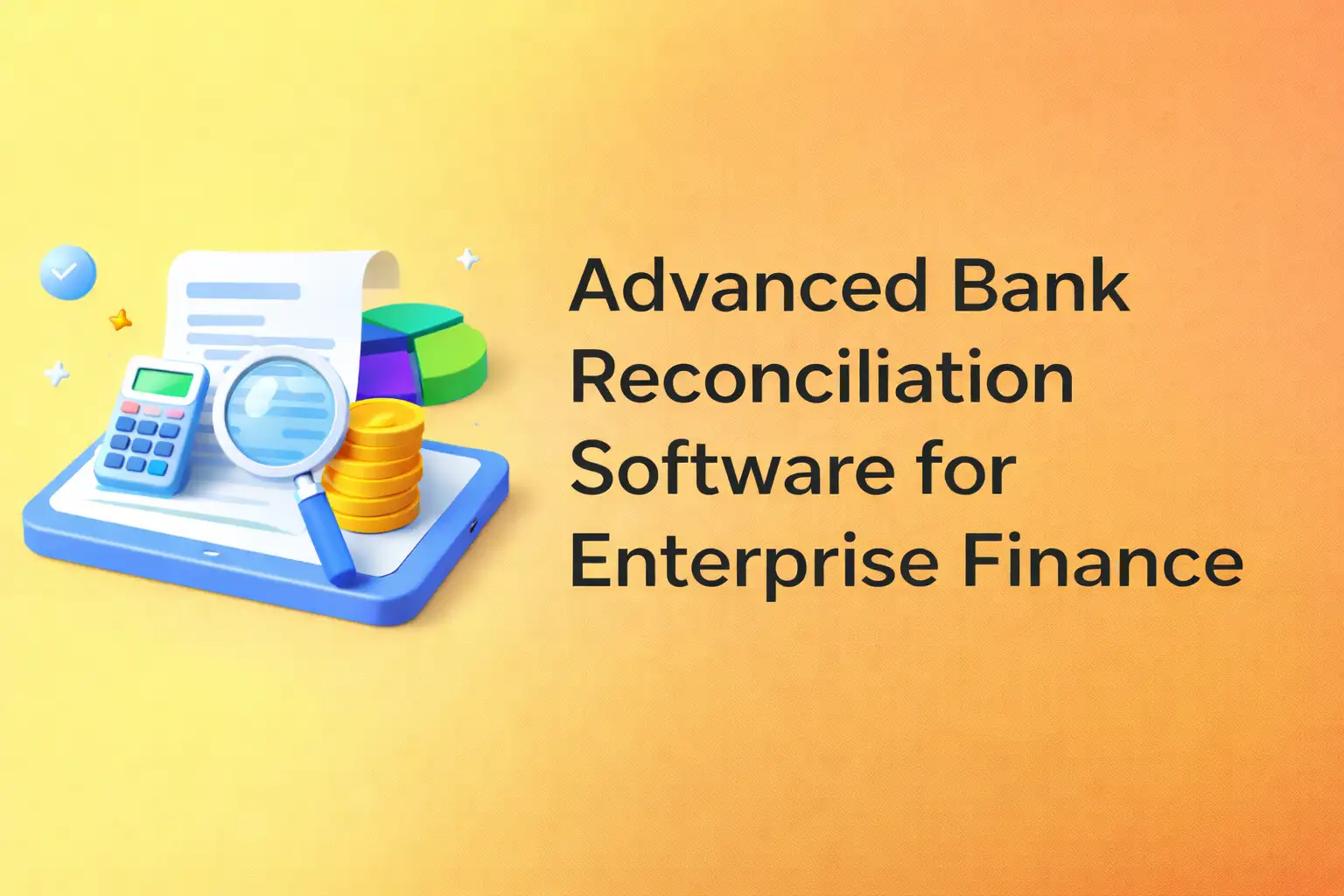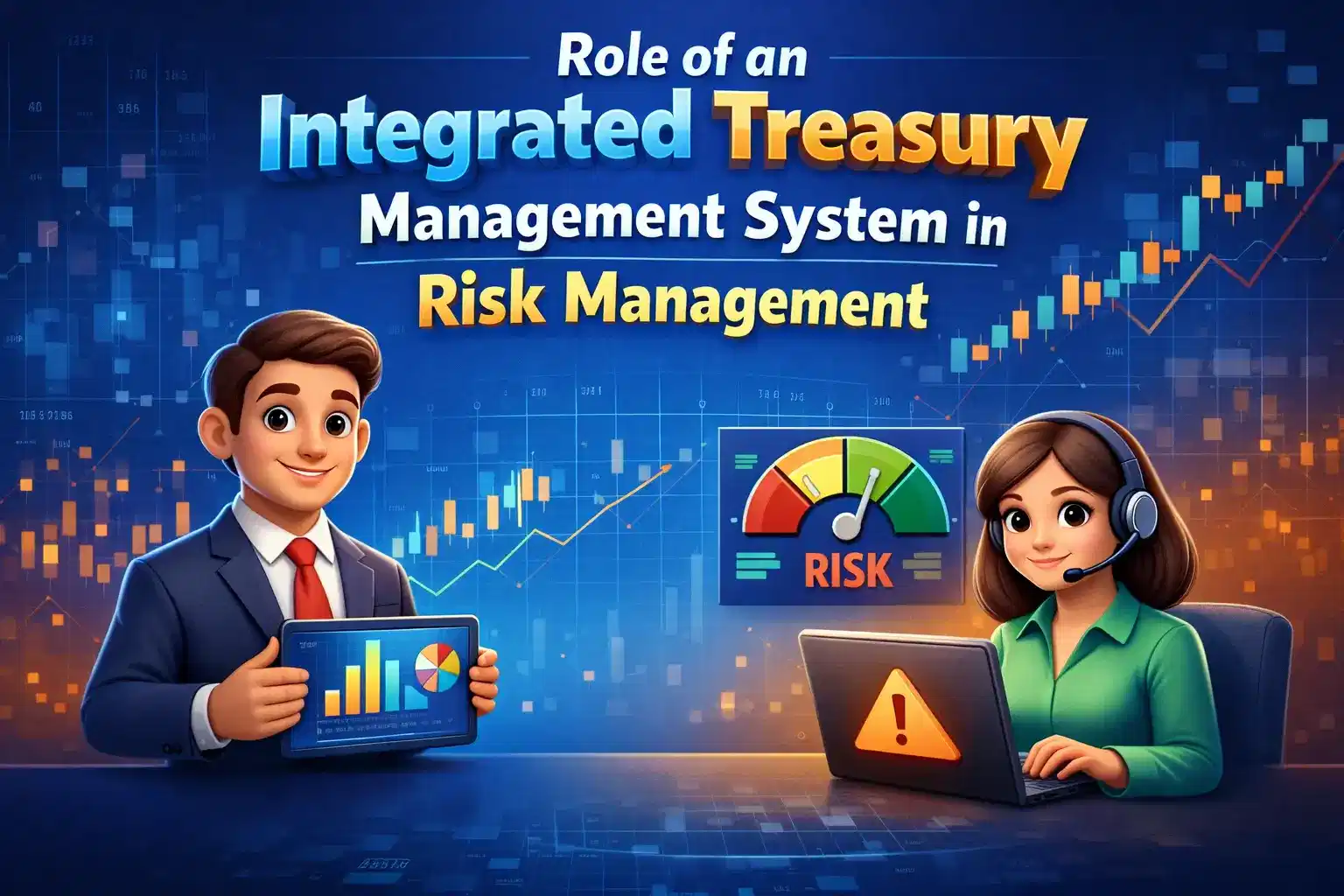Embracing AI: Transforming Finance Workflows In The Age Of Automation
About 70% of finance tasks can be automated. This shows a huge chance to change old ways of doing finance. Companies like Google are using AI a lot. They say finance teams need to use AI too to stay ahead.

AI helps finance teams do less manual work. It makes data analysis better and uses real data to get better results. This move to AI is key for companies to do well in today's digital world. The U.S. needs more accountants, showing the need for finance automation.
Key Takeaways
- 70% of finance tasks can be automated, reducing manual errors and improving efficiency
- Finance automation and automated financial services can improve team efficiency and provide data-driven insights
- AI-powered automation can reduce operational costs by 30% and improve cash management efficiency by 20%
- Automated bank reconciliation can increase transaction accuracy by 40% and reduce reconciliation costs by 60%
- Companies adopting AI in finance report a nearly immediate return on investment (ROI), making finance automation a strategic imperative
The Evolution of Finance Automation in Modern Business
The finance world has changed a lot with digital finance solutions and financial automation technology. Moving from manual to automated systems has made things more efficient, cut down on mistakes, and helped follow rules better. A PWC report shows almost a third of finance tasks could be automated, showing how tech can make things smoother.
Companies are using financial automation technology to save money, give better customer service, and manage risks better. A study by Ernest and Young found 65% of finance leaders have automated their work. This shows how much digital solutions are being used.
Key Drivers of Financial Technology Adoption
- Cost reduction
- Improved customer experience
- Enhanced risk management
Financial automation technology has changed the jobs in finance a lot. Many tasks are now done by machines, and people need new skills to work with AI and automation. As finance keeps changing, digital solutions and automation technology will become even more important.
Understanding the Core Components of Financial Automation Technology
Financial automation technology has several key parts. These include automated accounting software, machine learning algorithms, and data analytics tools. Together, they make financial work easier, more accurate, and follow rules better. Automated accounting software helps businesses work faster and make fewer mistakes, making them more efficient and productive.
Some of the benefits of financial automation include:
- Up to 30% reduction in processing time for transactions
- Up to 50% decrease in human error within financial transactions
- Up to 20% improvement in cash flow
Automated accounting software also makes financial reports better, cutting down report time by up to 85%. Companies that use automation for expense management can save about 15% on costs. This is because they are more accurate and efficient.
Knowing about the main parts of financial automation technology helps finance teams use AI and automation better. With the right tools, businesses can make their financial work smoother, more precise, and follow rules better. This leads to better efficiency and productivity.
Also Read: Getting AI right: How automation can help manage your business finances
Essential Benefits of Finance Process Automation
Finance process automation brings many benefits. It helps cut costs, boosts efficiency, and increases accuracy. By automating tasks, finance teams can lower errors, work smarter, and manage risks better. It also gives them real-time financial insights, helping them make better decisions and grow the business.
Cost Reduction and Efficiency Gains
Automating tasks like expense management and finance processes can save money and boost efficiency. For instance, automating invoices and payment reminders can simplify accounts receivable. OCR technology can also scan invoices, making data entry easier and faster.
Enhanced Accuracy and Error Prevention
Automation reduces the chance of human errors in data entry. This makes financial documents and operations more accurate. Automated tools for finance analysis help in quick data consolidation, leading to faster business decisions and better reports.
Improved Compliance and Risk Management
Finance process automation also enhances compliance and risk management. It ensures bills are paid on time, improving vendor relations and keeping discounts. An ERP system can handle different wages and rates, making payroll processing smoother.
Key Areas Where Finance Automation Creates Impact
Finance automation changes how we handle financial tasks. It makes financial reporting, account reconciliation, and cash flow management better. It lets finance teams do tasks automatically, analyze data better, and use real data to get better results and lower risks.
Automated financial reporting is a big win for finance teams. It helps them make accurate and timely reports. Recent data shows AI can make financial processes smoother, cut down on mistakes, and work faster. Some key benefits include:
- Less time to close the books, so teams can focus on analysis and forecasting
- Less chance of errors, like those from manual data entry
- Better visibility and quicker results thanks to AI
- Automated customer outreach and digital invoicing and payment processing
Using intelligent finance automation can lead to lower costs, faster work, and more accurate reports. For example, IBM and TD Ameritrade have seen big time savings and better efficiency.
Also Read: Advanced Financial Automation Tools Every CFO Should Know About
Implementing Automated Financial Services: A Strategic Approach
Starting automated financial services needs careful planning. Dan Wells says using AI and automation is key to keep up in finance. By 2030, AI and automation could add $15.7 trillion to the global economy. This makes finance automation a key part of business plans.
Automated financial services can cut down on manual work. This boosts efficiency in tasks like accounts receivable and payable. For example, 50% of BILL customers save time on accounts payable. Also, 66% get paid faster with BILL Accounts Receivable automation.
Assessment and Planning Phase
The first step is to assess and plan. This means checking current financial processes and picking the right tech. Important things to think about include:
- Reducing manual data entry and follow-ups
- Improving overall operational efficiency
- Enhancing accuracy and error prevention
Selecting the Right Technology Stack
Choosing the right tech is vital for success. With 94% of businesses stuck in repetitive tasks, automation tools can help. They make financial processes smoother, lower error risk, and boost accuracy.
Overcoming Common Challenges in Finance Automation
Starting with digital finance solutions and financial automation technology can be tough. Yet, it's key for making financial tasks smoother and cutting down on mistakes. A recent study found that 75% of finance pros say their work is mostly done by hand. Also, 72% of finance teams spend up to 10 hours weekly on tasks that could be automated.
By tackling issues like bad data and getting used to new tech, finance teams can make sure their automated services work well. They'll be accurate, fast, and follow the rules.
Some common hurdles in finance automation include:
- Data quality issues: 4% of financial data entered by hand is wrong. This can cause problems and slow down financial work.
- Algorithmic bias: If the algorithms in financial tech are unfair or not clear, it can lead to biased results.
- Change management: It's hard for finance teams to get used to new automation tech, even if they're not tech-savvy.
By beating these challenges, finance teams can enjoy the perks of digital finance solutions and automation. They'll see less manual work, faster financial closings, and better cash flow.
Measuring Success: KPIs and Performance Metrics
It's key to measure success in finance automation. Automated financial services should bring the expected benefits. Automated accounting software helps streamline financial operations, making things more efficient.
Key performance indicators (KPIs) and performance metrics are vital. They help see if finance automation is working well.
Financial KPIs look at how well a company does financially. They check things like profits, revenue, and expenses. Important KPIs include profitability, liquidity, efficiency, and valuation.
For example, the current ratio shows if a company can pay short-term debts. Inventory turnover and accounts receivable turnover show how well resources are used to make money.
Financial ROI Indicators
Financial ROI indicators, like return on equity (ROE) and debt-to-equity ratio, are important. They show how well debt is used and returns for shareholders. These metrics help see how well a company is doing financially and where it can get better.
Operational Efficiency Metrics
Operational efficiency metrics, like accounts payable turnover and cash conversion cycle, help improve financial operations. Automated accounting software makes things run smoother. It cuts down on errors, boosts efficiency, and improves performance.
Quality and Compliance Measurements
Quality and compliance measurements, such as earnings per share (EPS) and price-to-earnings (P/E) ratio, check market value and investment appeal. By watching these, finance teams can make sure their services are accurate, efficient, and follow rules. This helps the company succeed.
Also Read: The Future of Financial Operations: Trends and Technologies to Watch
Future Trends in Intelligent Finance Automation
Finance teams are moving towards intelligent finance automation to lead in their field. Dan Wells stresses the need for AI and automation in finance to keep up with changes. Artificial intelligence and machine learning help automate tasks, improve data analysis, and use primary data to enhance results and lower risks.
Recent stats show 98% of CFOs have started digitizing or automating finance processes. Yet, 41% say only a small part of their finance work is automated. This shows a big chance for growth in intelligent finance automation.
Artificial Intelligence and Machine Learning Integration
Artificial intelligence and machine learning are key in intelligent finance automation. They help automate tasks like data entry and reporting, giving teams more time for strategy. AI and machine learning also make financial reports more accurate and quicker, helping in making better decisions.
Blockchain and Decentralized Finance
Blockchain and decentralized finance are new trends in finance automation. They make financial transactions secure, transparent, and efficient, cutting out middlemen and building trust. Blockchain and decentralized finance help automate tasks like payments and audits, making finance work more efficient.
Predictive Analytics and Forecasting
Predictive analytics and forecasting are vital in finance automation. They help teams analyze big data, spot trends, and predict future finances. With predictive analytics, teams can forecast revenue, manage cash, and reduce risks, boosting the company's financial health.
By adopting intelligent finance automation, teams can get better at their jobs, driving business success. With AI, machine learning, blockchain, and predictive analytics, teams can automate tasks, improve data analysis, and use primary data to achieve better results and lower risks. This leads to automated financial reporting and smart finance automation.
Conclusion: Embracing the Future of Financial Operations
The financial world is changing fast. We see more need for finance automation and automated services. Experts say using artificial intelligence (AI) and new tech is key to staying ahead.
Many financial services companies plan to update their apps soon. About 52% aim to do this in the next year. Also, automation could boost productivity by 30% in three years, leading to big savings and efficiency.
By embracing new tech, companies can change their finance work. They can empower their teams and get insights that help them grow. As the financial world keeps changing, it's vital for finance pros to keep up. They must use automation to innovate and stay competitive.
Also Read: Finance Automation for Fintech: Solving Complex Challenges with Ease
FAQs
What are the core components of financial automation technology?
Financial automation technology includes automated accounting software, machine learning, and data analytics. These tools work together to make financial tasks easier, more accurate, and compliant.
What are the essential benefits of finance process automation?
Finance process automation offers many benefits. It reduces costs, boosts efficiency, and improves accuracy. It also helps with compliance and gives real-time financial insights.
In which key areas does finance automation create impact?
Finance automation impacts several areas. It improves financial reporting, account reconciliation, and cash flow management. It automates tasks, enhances data analysis, and uses primary data to reduce risks.
What are the common challenges in implementing finance automation?
Challenges in finance automation include poor data quality, algorithm bias, and managing change. Overcoming these issues ensures automated services are accurate, efficient, and follow rules.
How can success in finance automation be measured?
Measuring finance automation success is key. Use KPIs like financial ROI, operational efficiency, and quality and compliance metrics. This helps ensure services are effective and meet standards.
What are the future trends in intelligent finance automation?
Future trends include artificial intelligence, blockchain, and predictive analytics. These advancements will automate tasks, improve data analysis, and enhance risk management.
Contact us now










